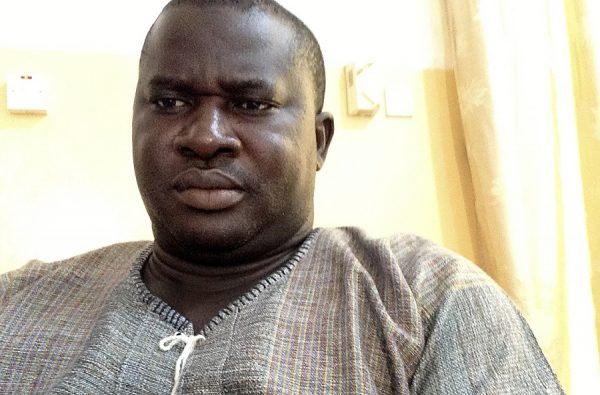
“We will not enjoy development without security, we will not enjoy security without development, and we will not enjoy either without respect for human rights” Report of the Secretary-General, “In larger Freedom: towards development, security and human rights for all”, 2005
Unless we place human rights and respect for human rights at the very heart of ‘security’ or ‘national security’, we would have neither security nor development. And we may not have ‘peace’ too. When rights are restricted or denied or violated in the name of ‘national security’, national security becomes volatile and unguaranteed.
National security is not enough to guarantee peace, if we are to agree that ‘peace is not only the absence of war but also the presence of social justice’. And national security cannot guarantee social justice unless the people feel that the State, which is the primary duty bearer, is fair towards them; treats all justly, equitably and without discrimination; respects and protects their rights; provides them a life of dignity and creates for them an environment in which they can reach their maximum potentials.
Children whose right to education are not fulfilled; young school leavers who cannot get a decent employment; workers whose monthly wages cannot allow them to live dignified lives or even ensure good health care for their families; women whose voices cannot be heard and who are daily victims of abuse and violence; men and women who are subject to discrimination by virtue of disability, religion, language, tribe, social status; citizens who cannot express their views without some sort of penalty attached to it or cannot band together for their common interest or live in constant fear of what the morrow will bring or do not have access to those ‘conditions of social living without which no person can be that best self he or she wants to be’ are supposed to be greater security threat than the ‘security threat’ our law enforcers brandish over our heads and dinned into our heads.
When Jammeh used to shout ‘the security of this nation will never be compromised’, I asked myself ‘whose security is he talking about’? Who is the ‘nation’ and whose nation is he talking about? It was clear: it was his security, not mine; not that of the farmer who could not sell his produce; not that of the activist who was living under constant fear of the midnight knock from the ubiquitous NIA; not that of the young lady who is a constant butt of ridicule from those street urchins or of sexual harassment from her employer. As the years went by, the term or phrase became moth-eaten and lost every meaning or essence to me.
When the State begins to shout ‘National Security’ intermittently as if jolted from sleep, it eventually enthrones fear in the seat of power; it emasculates the people from demanding for their rights or even holding the state and its agents and agencies accountable. Fear predominates and becomes the order of the day. The people are forced to give up or surrender that which by law or according to natural justice they should have. ‘Being’ is given up for ‘merely living’. As Aung San Suu Kyi puts it (when she was the activist) ‘a most insidious form of fear is that which masquerades as common sense or even wisdom, condemning as foolish, reckless, insignificant or futile the small, daily acts of courage which help to preserve man’s self-respect and inherent dignity’.
When the State puts forward ‘national security’ as its reason for denying a right which it has vowed to respect, protect and fulfil, and which it supposedly is in our ‘collective interest’ we should examined it with care and broadly. Is our interests, the collective, enlarged by this denial or is it being cribbed? Whose ‘interest’ is the State really talking about? Are the rights of 99% of the people is greater weight and quality than the right of this one person which is being denied? Can we read between the lines of what the State is telling us and what its real motives are for denying this person’s right?
History has shown that when a State wants to deny or violate the rights of people, its most common pretext is ‘we cannot compromise the security of the nation’. Suppression of dissenting views, of the opposition and the fight against ‘terrorism’ and so-called ‘Islamic fundamentalism’ are cases in point.
When the right of only person is being denied or violated, just one person and regardless of the premium others put on that right, every citizen, every human being, should be concerned and makes that violation the centre of his or her ‘agitation’ or displeasure. For you may not know, tomorrow the bell could toll for you too. And society’s conscience should not be pricked only when the concern is about the general, the general number; it should even if it is about just one person.
Indeed, human rights will have only have value for all of us when we are willing and ready to be held accountable by others, duty bearers and rights holders, for our acts of commission or omission; when we are willing and ready to wish and cherish human rights for others as we love and cherish them for ourselves. As aptly stated by Eleanor Roosevelt ‘human rights exist to the degree that they are respected by people in relations with each other and by governments in relations with their citizens’.





